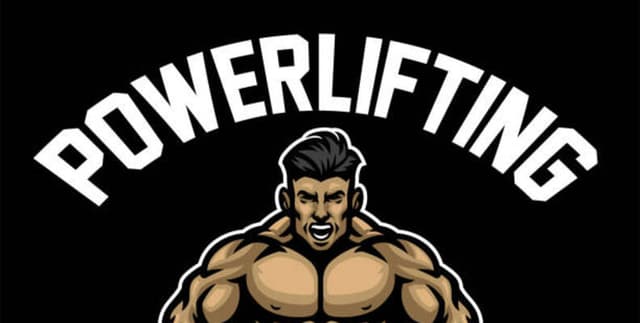Elite Powerlifting World Rankings
Data Science and Analytics
Tags and Keywords
Trusted By




"No reviews yet"
Free
About
Detailed statistics are provided for the world's top 32 powerlifters, capturing their maximal performance across the three core competition disciplines: squat, bench press, and deadlift. The athletes are systematically categorised based on their bodyweight, allowing for focused analysis of elite global strength achievements and ranking dynamics.
Columns
- Rank: The numerical position of the athlete within this grouping.
- Location: The geographical origin of the athlete, featuring specific state abbreviations for US-based lifters (e.g., USA-VA, USA-CA).
- Gender: Specifies the sex of the powerlifter, noting a higher percentage of females in this sample.
- Age: The athlete’s age, which ranges from 22 up to 44 years.
- Equip: Denotes the type of equipment used during the lift, classified primarily as 'Wraps' or 'Raw'.
- Class: The official bodyweight classification category, measured in kilograms.
- Weight: The actual body mass of the athlete, recorded in kilograms.
- Squat: The heaviest successful squat lift achieved, measured in kilograms.
- Bench: The heaviest successful bench press achieved, measured in kilograms.
- Deadlift: The heaviest successful deadlift achieved, measured in kilograms.
- Total: The summation of the three successful lifts in kilograms.
- Dots: A calculated metric used to standardise performance scores across different bodyweight classes for fair comparison.
- Name: The unique identifier for each powerlifter.
Distribution
The data structure consists of 32 distinct records, representing the featured elite powerlifters. There are 13 attributes/columns for each record. The dataset exhibits perfect data quality, with 100% validity across all entries and zero missing or mismatched values. The data file is compact and is typical of a CSV format. The expected update frequency for this specific collection is noted as 'Never'.
Usage
This data product is suited for rigorous sports analytics, strength and conditioning research, and developing statistical models related to maximal strength performance. Ideal uses include benchmarking athletic achievements, comparing performance efficiency using the Dots score, and studying the effect of equipment choice (Wraps vs. Raw) across weight divisions.
Coverage
The scope focuses exclusively on 32 internationally ranked powerlifters. Demographically, the group includes both male and female athletes, with females representing 66% of the population. The age distribution spans from the early twenties to the mid-forties, with a concentration of lifters in the late twenties bracket. Geographically, while global in ranking, the sample shows a heavy skew towards athletes based in the United States, notably Virginia and California.
License
CC0: Public Domain
Who Can Use It
- Sports Scientists: For academic studies on biomechanics, strength progression, and training efficacy.
- Coaches and Trainers: To set evidence-based performance targets and analyse world-class technique and totals.
- Data Analysts: For creating visualisations, conducting statistical tests, and evaluating ranking systems within strength sports.
Dataset Name Suggestions
- Elite Powerlifting World Rankings
- Global Strength Athlete Performance Metrics
- Top 32 Powerlifters Analysis
- Maximum Lift Records
Attributes
Original Data Source: Elite Powerlifting World Rankings
Loading...
